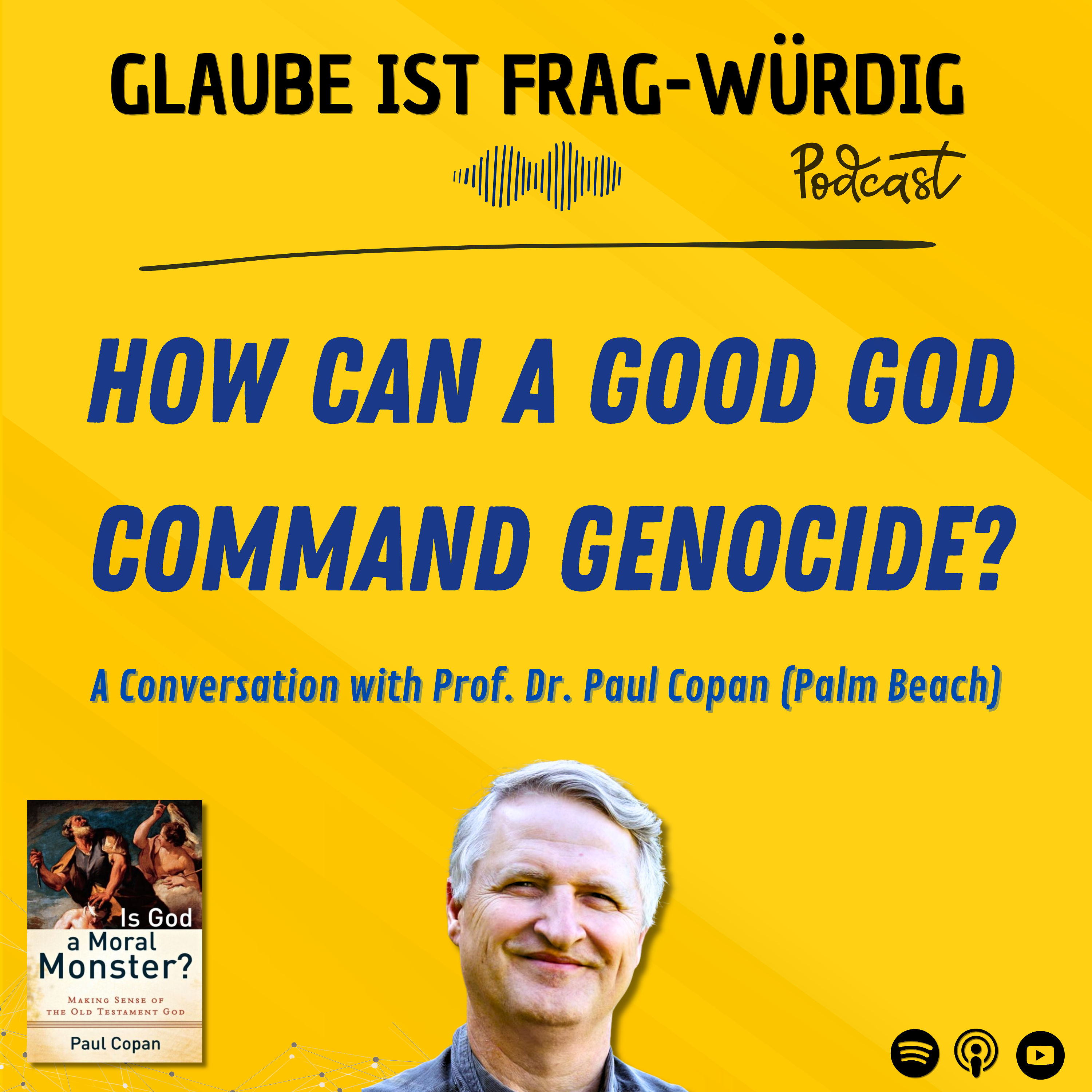Does God command genocide? How should Christians deal with the disturbing Old Testament passages that speak of divine violence, destruction, or harsh punishments? In this episode, we talk with Dr. Paul Copan, leading Christian philosopher, apologist, and author of Is God a Moral Monster? and Is God a Vindictive Bully?. Together we explore how context, hyperbole, and ancient Near Eastern war language reshape our understanding of these texts.Copan argues that what often appears as moral scandal becomes intelligible when read through its historical, cultural, and literary lens. We discuss how justice, mercy, and divine love coexist—even in difficult scriptures—and what both Christians and skeptics often miss in these debates.A candid and intellectually rich conversation about the God of judgment and the God of love — and why both are inseparable.Keywords: Old Testament ethics, divine violence, genocide, Canaanites, Amalekites, Deuteronomy, Book of Joshua, hyperbole, war rhetoric, ancient Near Eastern context, moral objections to God, divine justice, holiness of God, wrath and love, biblical interpretation, hermeneutics, contextualization, exegesis, moral theology, capital punishment, covenant, divine patience, judgment, mercy, apologetics, atheism, faith and reason, moral coherence, ethical challenge, theology of the Old Testament, God’s character, historical context, literary genre, Scripture interpretation, Paul Copan, Is God a Moral Monster?, Is God a Vindictive Bully?, Clay Jones, Miroslav Volf, C.S. Lewis, N.T. Wright, biblical realism, narrative theology, coherence of Scripture, moral skepticism, biblical literacy, Christian apologetics, difficult Bible passages, faith and doubt.



































